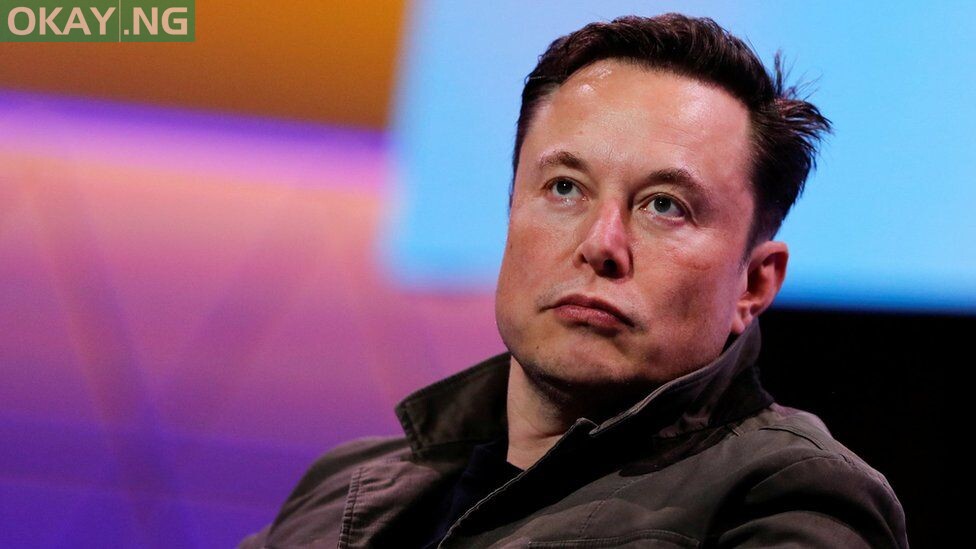The battle for the soul of artificial intelligence escalated dramatically this week as OpenAI, the groundbreaking AI research and development company, decisively rejected a staggering $97.4 billion acquisition bid from a consortium led by its co-founder, Elon Musk. This resounding “no” from OpenAI’s board underscores the company’s unwavering commitment to its core mission: ensuring that artificial general intelligence (AGI) benefits all of humanity, a vision that has increasingly diverged from Musk’s own.
The drama unfolded amidst a backdrop of escalating tensions between Musk and OpenAI, fuelled by the company’s decision to establish a for-profit arm in 2019. This move, while attracting substantial investment from Microsoft, has drawn fierce criticism from Musk, who alleges it prioritizes profit over the public good. He argues that OpenAI has strayed from its original, non-profit roots, a claim vehemently denied by the company.
“OpenAI is not for sale, and the board has unanimously rejected Musk’s latest attempt to disrupt his competition,” declared OpenAI Chairman Bret Taylor in a statement. “Any potential reorganisation of OpenAI will strengthen our nonprofit and its mission to ensure AGI benefits all of humanity.”
This statement, however, was swiftly met with a counterattack from Musk’s legal team. “OpenAI is putting control of the for-profit enterprise up for sale, which will enrich its certain board members rather than the charity,” asserted Marc Toberoff, Musk’s lawyer. This accusation further inflamed the already volatile situation, highlighting the deep-seated disagreements over OpenAI’s governance and its ultimate purpose.
Recommended Reading:
Elon Musk Offers $97.4 Billion to Block OpenAI’s For-Profit Transition
The human angle in this high-stakes drama is undeniable. The very nature of AGI, with its potential to revolutionise countless aspects of human life, carries profound implications for our collective future. The question of who controls this powerful technology, and for what ends, is not merely a business dispute; it’s a question of societal significance.
The rejection of Musk’s bid follows a tumultuous period marked by legal battles, public pronouncements, and escalating rhetoric. Musk, in a series of public statements, has accused OpenAI CEO Sam Altman of “swindling” and has even filed a lawsuit against the company, alleging breaches of contractual obligations.
OpenAI, for its part, has remained steadfast in its vision, pursuing a path that involves both nonprofit research and a for-profit arm to accelerate development and ensure the responsible deployment of AI. This approach, while attracting significant investment and fostering innovation, has also raised concerns about potential conflicts of interest and the potential for AI to be used for malicious purposes.
The rejection of Musk’s bid marks a significant turning point in the ongoing saga of OpenAI. It signals the company’s determination to chart its own course, independent of its co-founder’s influence. However, the underlying tensions remain unresolved, and the future of AI, and the role of OpenAI in shaping it, remains uncertain.
This story will undoubtedly continue to unfold, with far-reaching implications for the future of technology, the balance of power in the tech industry, and the very nature of human progress.









